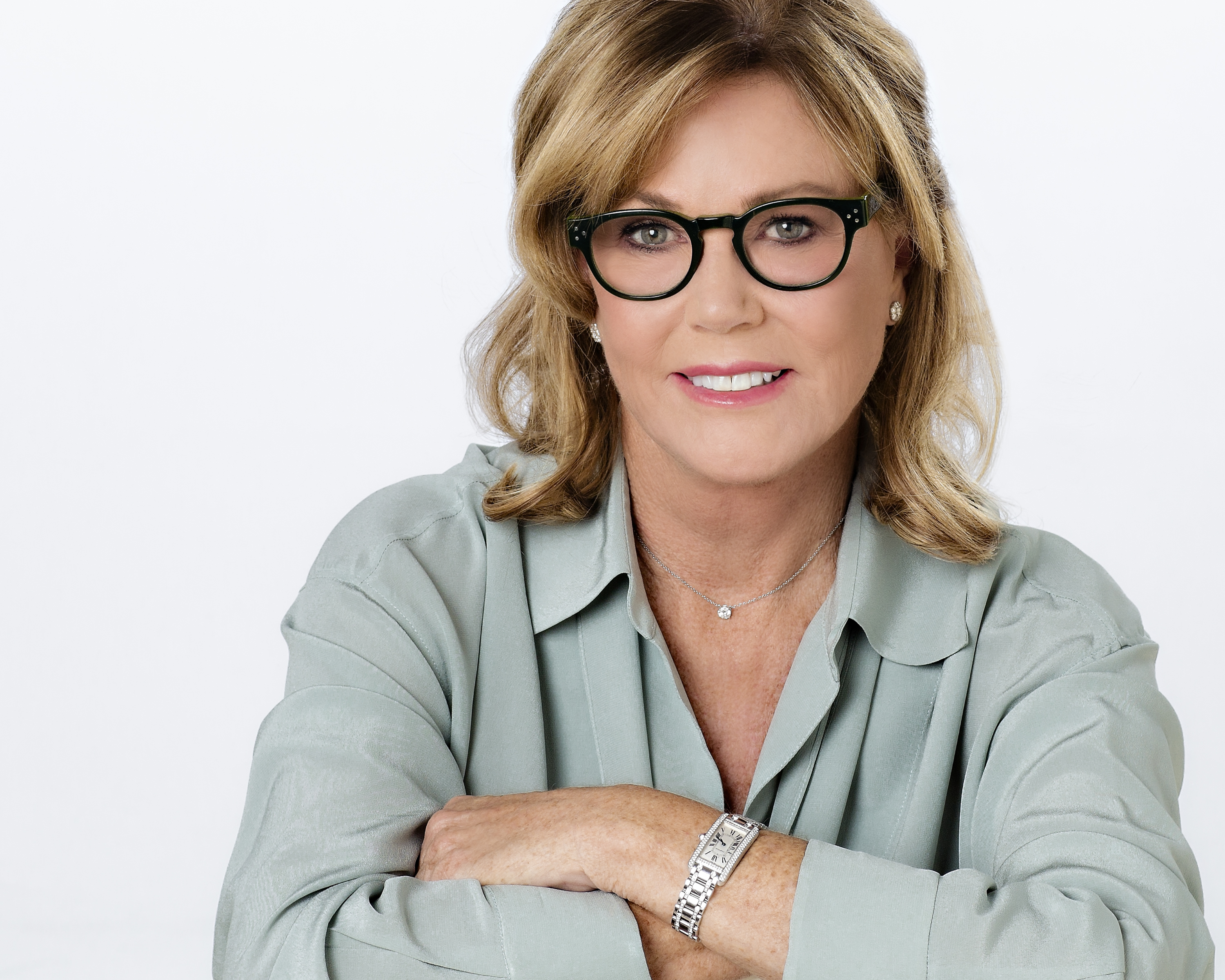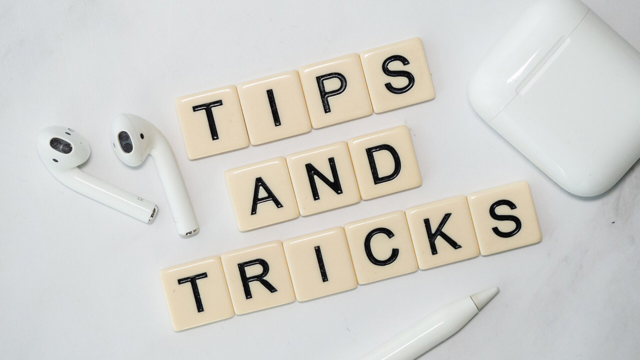One day, my husband, Don, was a vibrant, active and successful man, and the next he was paralyzed and required a respirator to breathe. It was 2005, and he had suffered a massive stroke that changed both of our lives forever.
Our new reality required extensive changes from both of us, and I wish I could go back to 2005 to share some of the insights I learned with my younger self. One of the things that Don and I faced immediately after his stroke was fear. I was scared, and so was he. Suddenly I was a caregiver, and he could no longer walk or do other activities that he enjoyed.
It was also incredibly sad for both of us. We had suffered real loss. It took me two years before I stopped fantasizing about our old life together and accepted the fact that the old life was never coming back. However, acceptance was what I needed to enjoy my present again. Once I accepted that our reality had changed, I was able to rediscover joy and peace.
If I could go back to the first few months after Don was back home and the initial shock had passed, I would advise myself not just to accept this new time in our lives, but I would also say, “I know Don is suffering and needs you, but you also need you. Take care of yourself. Make time for yourself. Make time for your friends, and just take things one day at a time.”
This would not have been easy advice to follow. First, it would have required me to shift my focus from how things used to be to the many blessings I still had, including a living husband, our children, grandchildren and friends. Sometimes, in difficult moments, all I could think to be grateful for was the beauty of the ocean or a sunny day.
Still, I eventually learned that when I felt sad, if I quickly changed my focus, both my attitude and my feelings improved. However, I would have also told my younger self, “Acceptance doesn’t come quickly. It’s a process — a marathon and not a sprint — so let yourself have some time to adjust and to heal.”
Part of the adjustment is learning about your loved one’s new condition — the treatment plan, the medications, and things to watch out for, like depression. I had to change certain aspects of our home, so that it was easier for Don to move around in his wheelchair. I built good relationships with his doctors and found that a support system was necessary whether it was professional help through an official support group or through friends and family. I also found that professional therapy can be incredibly helpful for getting support and an objective perspective as well as gaining tools to help deal with tough emotional situations.
I struggled with guilt, and I had to learn that “I’m only human and can only do so much.” Another part of this adjustment was taking some time for myself. When I became Don’s full-time caregiver, time for me initially vanished, but I wish I hadn’t let it. I had to learn to write my time down on his daily calendar, so both Don and I knew it would be happening, and he was mentally prepared for me to have my own time. I felt very selfish at first, but I couldn’t take care of Don if I didn’t take care of myself too. I needed regular breaks even if all I did was curl up in a chair to read a book for a couple of hours. Afterwards, I always felt revitalized.
This need became even more preeminent during the holidays when demands on my time increased. Even in normal circumstances, it’s easy to get run down during the holidays. During the first few holiday seasons after his stroke, I had to make doubly sure to take the time to recharge.
Another way to improve the holidays and my life in general was through asking friends and family to come to me for a get-together, because going out was so much more difficult than it used to be. I sometimes thought, “I’m missing out on all of these fun events” or “My friends or family have forgotten about me.” I had to learn not to wait for people to come to me. Instead, I invited them over for cocktails or a holiday visit, so that they and the holiday events could come to me.
If cooking or planning were too much, I would host a potluck or ask our friends to bring their own drinks. These gatherings brought both holiday cheer and a return to normalcy to both of us.
Amidst all of the new and often challenging struggles that now filled our lives, I wish my older self could have returned to remind me that I was important too. In all of the attention surrounding new patients, sometimes caregivers are forgotten, not only by others, but by themselves.
I would love to go back and tell myself as a new caregiver, “You’re important too. Don’t forget to care for yourself. If you make time to do so, both you and Don will enjoy life and your relationship more.” I might not have been able to listen at first, but eventually I learned how true that was.
After her husband’s passing in 2011, Kathi started the Kathi Koll Foundation to provide support to other caregivers in need.
Originally published at medium.com


